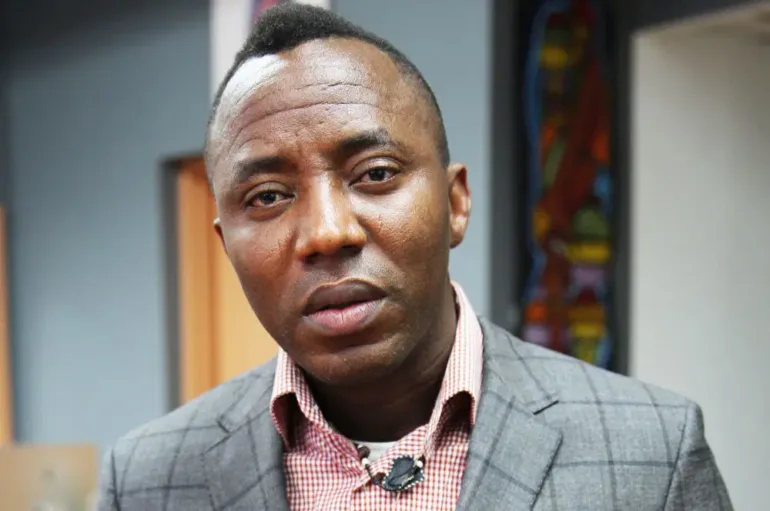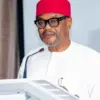Former presidential candidate and human rights activist, Omoyele Sowore, has strongly criticized the idea of rotational presidency in Nigeria, arguing that the focus should instead be on competence and character, not ethnic or regional identity.
Speaking on Sunrise Daily, a Channels Television breakfast programme, on Tuesday, Sowore maintained that the country needs capable leadership, irrespective of where the president comes from.
“If I have a good president in Nigeria who can run this country very well, I don’t care where he comes from,” he said. “That is what the majority of Nigerian people are aspiring for. That is the idea of this federation, that all federating units should have an opportunity.”
Sowore questioned the logic behind zoning the presidency, particularly when it overlooks the core issues of governance and leadership quality.
“When you zone it to the North, the majority of northerners would want a shot at it. When you zone it to the South, it becomes an issue of Yoruba or Igbo. It’s just senseless,” he argued.
He insisted that every qualified Nigerian should be allowed to contest for the presidency, and voters should be guided by tangible parameters such as qualifications, policy proposals, leadership record, and character—not ethnicity or region.
“Zoning the presidency to the worst character in the country is not going to help anyone,” he said. “That’s why they say: come and contest, present your agenda, speak to the people, and let us assess your character, exposure, and what you bring to the table.”
Sowore’s comments come amid renewed debate over power rotation between Nigeria’s northern and southern regions. President Bola Tinubu, a Southerner from Lagos State, won the 2023 election, succeeding Muhammadu Buhari from Katsina in the North, who completed two terms in office.
With the next election cycle on the horizon, some political actors argue that the South should retain the presidency for another term to ensure balance. However, former Vice President Atiku Abubakar, a Northerner from Adamawa State and two-time presidential contender, has signaled his intention to run again in 2027. He has also called for a grand opposition coalition to unseat the ruling All Progressives Congress (APC).
The debate has further intensified the national conversation around equity, inclusion, and the core criteria for choosing Nigeria’s next leader.


